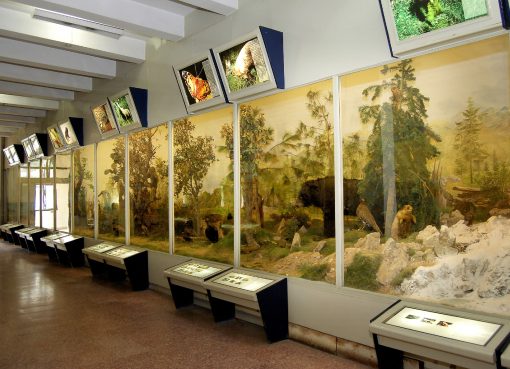The current pandemic COVID 19 has undoubtedly shown immense negative impact on diverse sectors affecting all countries of the world, irrespective of whether rich or poor. Its direct impact on people’s health and economy, social relationship, sustenance of livelihood and employment, business and education has been felt most, and has been discussed at length in diverse platforms including electronic and print media. Notwithstanding these negative impacts of the pandemic, a common feeling amongst all is that the lock down and movement restrictions imposed as a measure of COVID control also had significant positive impact particularly on the environment, and it has also been scientifically documented by many. In this column, however, I would like to briefly discuss only about the positive impact of the pandemic on science and technology across the world, more particularly in our country.
Disruption in official functioning during the pandemic at all levels has also affected equally the academic and research institutions limiting the access to laboratories for the scientific workers, and also restricting scientific surveys as well as collection of primary data and samples for their investigation to a great extent. During this period, most people involved in academics and research had to transition themselves to working from home. Although the research related to innovation and development of therapeutics and prophylactics against SARS-COV-2 virus was continued in select laboratories with unprecedented momentum, research in most other areas including that in health research pertaining to other diseases was tremendously affected. The research community, however, tried to accommodate themselves with the changing situation by either changing their research methodology or changing their priorities in the work agenda focusing more on dry lab research. This has resulted in a significant increase in the number publications in the peer-reviewed journals relating to computational or theoretical research. Many researchers have changed their research methodology and relied more on web-based surveys or secondary data analysis, so that one may not have any problem related to data collection.
The pandemic has, however, had some positive impact in providing opportunities for growth for individuals and the scientific community in some ways. For example, many conferences were organized during this period on a virtual format and that has drastically reduced the cost of registration and attendance, allowing for greater and more inclusive participation. Growth of several user-friendly software and online platforms for conducting such virtual discussions as well as virtual classrooms has also facilitated this. These platforms have also created the much needed avenues for continued adaption of, if not the online only mode but at least the blended format of teaching-learning, by the academic institutions in future, which may be greatly beneficial for the students.
Many reputed journals have removed the barriers to access articles relating to COVID-19 so that the information can reach those who needed them. It has also been observed that the scientists by and large have explored alternative platforms for rapid publication of their research output and as result a lot of new publications have been made available on preprint servers. Even sometimes research data have been released in the media before entering formal peer review.
The review and editing process of most of the leading journals have also seen an unprecedented rapidity and such intense communication may have allowed an extraordinary level of collaboration across the globe and that has also had a positive impact on the efficiency of the scientists.
Although the scientific community has long predicted and been saying frequently about the possibility of occurrence of complex disasters, pandemics, and natural calamities due to effect of climate change, the gravity of such statements has failed to draw due attention of the public and the governments alike. The COVID-19 pandemic has, however, compelled every person to realize the fragility of our lives and the lifestyles, and also how volatile and strong natural hazards can be. This is expected to lead to more serious thinking, research, rational decision-making, and improved preparedness both at the level of government and the public for disaster management in the coming days. So, let’s be optimistic and look forward to a better future!




